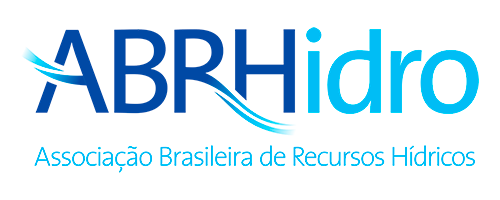9th International Symposium on Integrated Water Resources Management (IWRM) | 14th International Workshop on Statistical Hydrology (STAHY) | I EBHE - Encontro Brasileiro de Hidrologia Estatística
Data: 04/11/2024 à 07/11/2024
Local: Florianópolis-SC
Mais informações: https://www.abrhidro.org.br/iebhe
Analysis and modelling of water allocation negotiation processes
Código
I-EBHE0208
Autores
Carlos de Oliveira Galvão, Márcia Maria Rios Ribeiro
Tema
WG 2.2: Participatory Water Systems
Resumo
The Brazilian water resources policy and management system prescribe decentralized and participatory water management. One of the approaches for defining water rights to users is through negotiation. These negotiation processes are carried out through meetings involving water agencies, basin committees, water users, and other stakeholders of these water resources systems. The outcomes of the negotiation are regulatory frameworks and allocation agreements. Recently, such decision-making processes have been gradually implemented in river basins and reservoirs in the country. Several theoretical-conceptual and technological advances for analysis and modelling of these processes have been achieved so far. The main theoretical approaches include Socio-ecological Systems, Conflict Analysis, Game Theory, and Behavioural Decision Making. The negotiation arena consists of a series of sequential negotiation meetings. The analysis of such meetings considers the political, institutional, social, economic, environmental, climatic, and hydrological contexts influencing the participants of the negotiation. At the meeting level, the participants preferences, psychological types, negotiation framing, and engagement strategies, are considered as variables for modelling the negotiation outcomes, consensus level, and agreement effectiveness. Three case studies, where the allocation processes have already been implemented, illustrate the application of the methods: a transboundary dispute between two States on the river discharge to be released from upstream to downstream, one large reservoir used for basin-scale water supply, and one medium-size reservoir of local interest.

